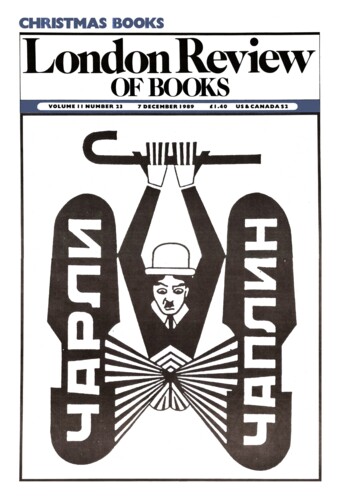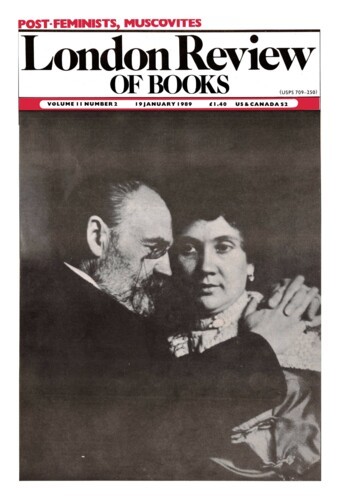Monsieur Mangetout
Walter Nash, 7 December 1989
The other Sunday, as I was taking my weekly televisual fix of gridiron football – not so much an athletic spectacle as an entrancing reconstruction of the wars of Pompey the Great – I learned that one of the luminaries of the sport (the particular name escapes me) had been accorded the title of the winningest coach of some recent season (the exact year eludes me). I thought of this remote and superlative man when I turned to consider the latest edition of The Guinness Book of Records, a compilation apparently based on the philosophy that winning is not everything, as long as there are some who are even winninger and a choice few who aspire to being the mostest, the bestest, the completest, the strivingest, in short – at least for the time being – the absolute winningest. Here they all are for another record year, contenders in pursuits familiar and bizarre: high jumpers, cliff divers, roller-skaters, the grower of the largest swede, the carrier of the heaviest hod, the baker of the deepest apple pie, the confectioner of the widest ice-cream sundae, bottomless eaters, legless drinkers, throwers of the farthest ball, peelers of most potent onions, Uncle Tom Cobbleighest winners as far as the eye can see. It ought to be said in fairness that the book is not wholly devoted to the documentation of humanity’s urge to compete in irrational undertakings. Much of it consists of presumably useful information on the wonders of nature and the fabrications of the engineer; if you want facts and figures about the world’s oldest plant, bulkiest reptile, or longest hydro-electric irrigation and sewerage tunnel, this is undoubtedly your source. Nevertheless, it is eccentric fantasy that catches the eye, and some of the ‘records’ here displayed will probably suggest to Martian observers that our planet is populated by stubborn eccentrics and deeply dedicated fantasists, or, as their lexicographers might say, fruit-cakes.’




